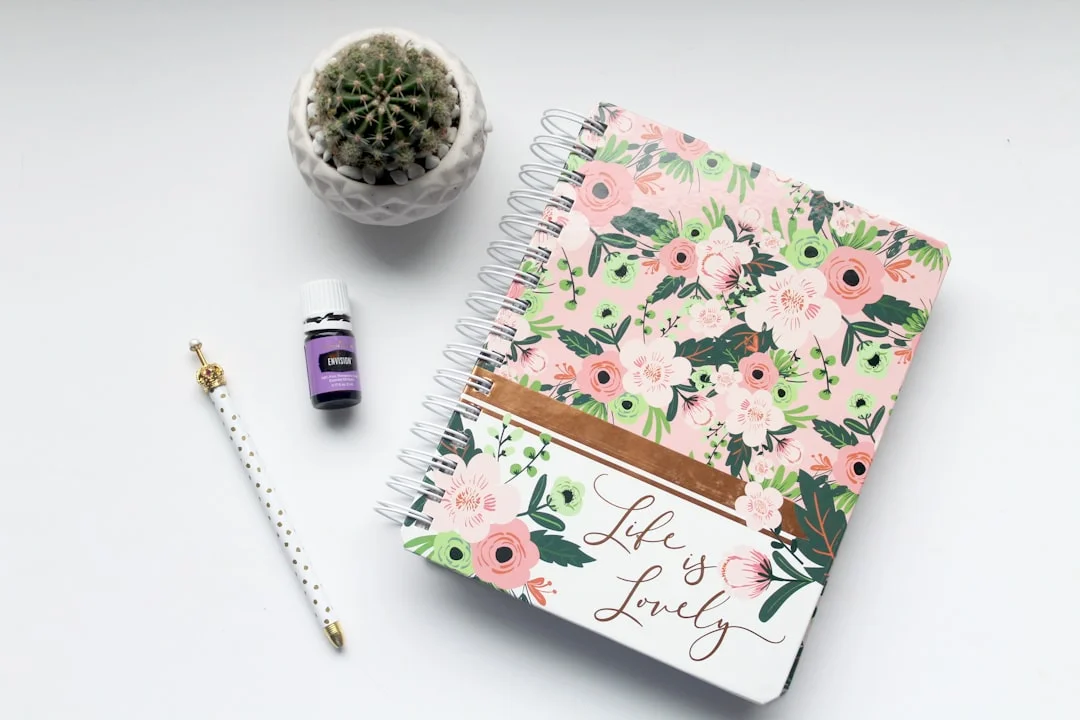Estimated Reading Time: 7 minutes
(Hello)! Let’s talk about CBD. It’s everywhere these days, isn’t it?
From calming teas to soothing lotions, cannabidiol, or CBD, has become a bit of a buzzword.
But amid the hype, it’s important to take a step back and ask the right questions.
One of the most crucial questions, and the focus of our conversation today, is: what are the side effects of CBD? We’re diving deep into this topic, moving beyond the surface to provide you with a clear, honest, and helpful understanding.
It’s all about making informed choices for your well-being.
This is not a sales pitch; it’s about you, your health, and making sure you have the information you need.
Before we get started, it’s important to clarify what we mean by “CBD”.
CBD is a compound found in cannabis plants, but unlike its cousin THC (tetrahydrocannabinol), it doesn’t produce a “high.” CBD products are often derived from hemp, a variety of the cannabis plant with very low levels of THC.
Therefore, the legal landscape and potential effects can vary greatly depending on where you live and the type of product you use.
Let’s get down to brass tacks. What are the side effects of CBD? The good news is that, generally, CBD is considered safe.
However, no substance is entirely without potential side effects. Here are some of the most commonly reported:
I remember a time when I started using CBD. I was so eager to experience its benefits that I dove right in, taking a relatively high dose. The result?
I felt incredibly sleepy and unproductive for the better part of the day.
It was a learning experience, and it reinforced the importance of starting low and slowly increasing the dose until you find what works for you.
It’s a journey of self-discovery, paying close attention to how your body reacts.

Beyond the usual suspects, it’s worth considering some less common side effects.
These can be more individual and may be linked to specific underlying health conditions or product qualities.
In some studies, high doses of CBD have been linked to elevated liver enzymes.
This doesn’t necessarily mean liver damage, but it signals a potential concern.
If you have any pre-existing liver conditions, this is especially important to discuss with your healthcare provider.
They can monitor your liver function through routine blood tests. It’s not a reason to panic, but it’s definitely something to be aware of.
While many people use CBD for its calming effects, some users have reported mood changes like irritability or anxiety.
This is often related to dosage or the presence of other compounds in the product.
The quality and purity of the CBD product you choose are also crucial factors to consider.
Some people may experience skin reactions, such as rashes or itching, when using topical CBD products.
If you’re using a cream or lotion, it’s a good idea to test it on a small area of your skin first to check for any adverse reactions.
Consider this as a part of your daily skin care routine, if relevant.
One of the most important factors influencing the likelihood of what are the side effects of CBD is the quality of the CBD product itself.
Not all CBD products are created equal. Look for products that have been third-party tested by an independent laboratory.
This ensures that the product contains the advertised amount of CBD and that it’s free from harmful contaminants like pesticides and heavy metals.
Avoid any products that don’t provide a Certificate of Analysis (COA).

So, you’re interested in trying CBD, but naturally, you are thinking about what are the side effects of CBD and want to minimize them.
Here’s what you can do:
Begin with a low dose and gradually increase it until you achieve the desired effects.
This “low and slow” approach allows you to assess your body’s response and minimize the risk of experiencing any adverse side effects.
Keep a journal and monitor how you feel.
As mentioned earlier, always opt for CBD products that have undergone third-party testing.
This ensures you are getting a product that is safe and contains the advertised amount of CBD. Look for products with a COA.
Always talk to your doctor before starting CBD, especially if you are taking any other medications or have underlying health conditions.
They can provide personalized advice based on your specific health profile.
Dry mouth is a common side effect. Drink plenty of water throughout the day to stay hydrated.
Pay close attention to how your body feels. If you experience any side effects, adjust your dosage or discontinue use. Everybody reacts differently.
It’s easy to get caught up in the hype, but it’s essential to approach CBD with a healthy dose of skepticism. Let’s debunk a few common myths:
Reality: While CBD shows promise in various areas, it’s not a cure-all.
It may help manage symptoms and improve your well-being, but it’s not a magic bullet. It is best utilized as part of a holistic health approach.
Reality: While generally safe, CBD can have side effects and interact with medications.
Always talk to your doctor before starting CBD, especially if you’re already taking other medications.

Reality: The quality of CBD products varies greatly. Look for third-party tested products to ensure safety and purity.
So, let’s circle back to our original question: what are the side effects of CBD? We’ve seen that, while CBD generally has a good safety profile, it’s not without potential downsides.
From dry mouth and drowsiness to the importance of product quality and discussing it with your doctor, the goal here is to provide a balanced and realistic view.
Ultimately, your health journey is just that: yours. What works for one person may not work for another.
Experiment with caution, listen to your body, and always prioritize your well-being.
Now, with an informed approach, you can make confident, intelligent decisions.
If you’re considering trying CBD, remember to start low, go slow, and always prioritize your health.
Thanks for joining me today on this deep dive into the world of CBD. Remember, knowledge is power. Stay informed, stay curious, and stay healthy!
Join our newsletter for weekly health tips!
Frequently Asked Questions
Can CBD cause anxiety or make anxiety worse?
Interestingly, while CBD is often used to manage anxiety, it can, in some cases, potentially trigger or worsen anxiety symptoms. This is often due to the individual’s sensitivity, the dosage, or the product’s quality. For some people, CBD might increase alertness, which can be interpreted as increased anxiety.
If you experience increased anxiety, it is best to lower the dose and consult with a healthcare professional to find the best fit.
How long do the side effects of CBD typically last?
The duration of CBD side effects varies from person to person. Common, milder effects like dry mouth or drowsiness often wear off within a few hours. More persistent effects, or those associated with higher doses, might last longer. It’s important to monitor your own body’s response.
If side effects persist, consider reducing the dosage or seeking medical advice.
Is it safe to take CBD with other medications?
It is crucial to consult your doctor before combining CBD with other medications, as CBD can interact with several prescription drugs. These interactions can affect how your body processes the medications, potentially altering their effectiveness or increasing the risk of side effects.
This is particularly important if you are taking blood thinners, antidepressants, or medications metabolized by the liver.
What should I do if I experience a severe side effect from CBD?
If you experience a severe side effect from CBD, such as difficulty breathing, severe allergic reactions, or any other serious symptoms, seek immediate medical attention.
Stop using the CBD product immediately and provide the healthcare provider with details about the product, including the brand, dosage, and any other substances you have taken. Prioritize your safety, and consult a healthcare professional for a thorough assessment.



